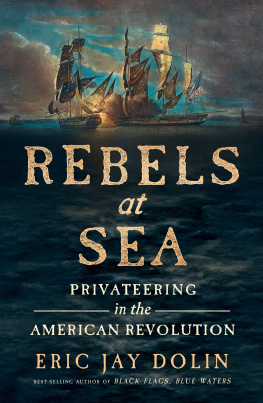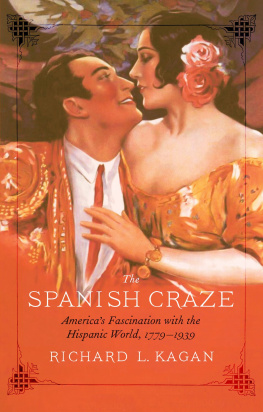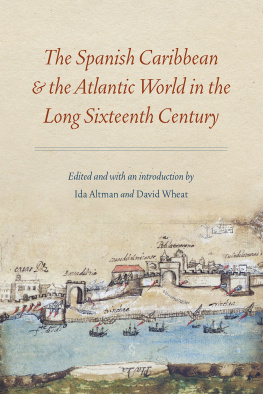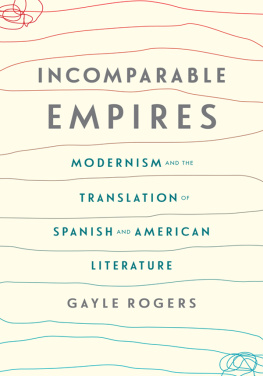David Head (Historian) - Privateers of the Americas: Spanish American Privateering from the United States in the Early Republic
Here you can read online David Head (Historian) - Privateers of the Americas: Spanish American Privateering from the United States in the Early Republic full text of the book (entire story) in english for free. Download pdf and epub, get meaning, cover and reviews about this ebook. year: 2015, publisher: University of Georgia Press, genre: Politics. Description of the work, (preface) as well as reviews are available. Best literature library LitArk.com created for fans of good reading and offers a wide selection of genres:
Romance novel
Science fiction
Adventure
Detective
Science
History
Home and family
Prose
Art
Politics
Computer
Non-fiction
Religion
Business
Children
Humor
Choose a favorite category and find really read worthwhile books. Enjoy immersion in the world of imagination, feel the emotions of the characters or learn something new for yourself, make an fascinating discovery.

- Book:Privateers of the Americas: Spanish American Privateering from the United States in the Early Republic
- Author:
- Publisher:University of Georgia Press
- Genre:
- Year:2015
- Rating:4 / 5
- Favourites:Add to favourites
- Your mark:
Privateers of the Americas: Spanish American Privateering from the United States in the Early Republic: summary, description and annotation
We offer to read an annotation, description, summary or preface (depends on what the author of the book "Privateers of the Americas: Spanish American Privateering from the United States in the Early Republic" wrote himself). If you haven't found the necessary information about the book — write in the comments, we will try to find it.
Privateers of the Americas examines raids on Spanish shipping conducted from the United States during the early 1800s. These activities were sanctioned by, and conducted on behalf of, republics in Spanish America aspiring to independence from Spain. Among the available histories of privateering, there is no comparable work. Because privateering further complicated international dealings during the already tumultuous Age of Revolution, the book also offers a new perspective on the diplomatic and Atlantic history of the early American republic.
Seafarers living in the United States secured commissions from Spanish American nations, attacked Spanish vessels, and returned to sell their captured cargoes (which sometimes included slaves) from bases in Baltimore, New Orleans, and Galveston and on Amelia Island. Privateers sold millions of dollars of goods to untold numbers of ordinary Americans. Their collective enterprise involved more than a hundred vessels and thousands of people--not only ships crews but investors, merchants, suppliers, and others. They angered foreign diplomats, worried American officials, and muddied U.S. foreign relations.
David Head looks at how Spanish American privateering worked and who engaged in it; how the U.S. government responded; how privateers and their supporters evaded or exploited laws and international relations; what motivated men to choose this line of work; and ultimately, what it meant to them to sail for the new republics of Spanish America. His findings broaden our understanding of the experience of being an American in a wider world.
David Head (Historian): author's other books
Who wrote Privateers of the Americas: Spanish American Privateering from the United States in the Early Republic? Find out the surname, the name of the author of the book and a list of all author's works by series.







